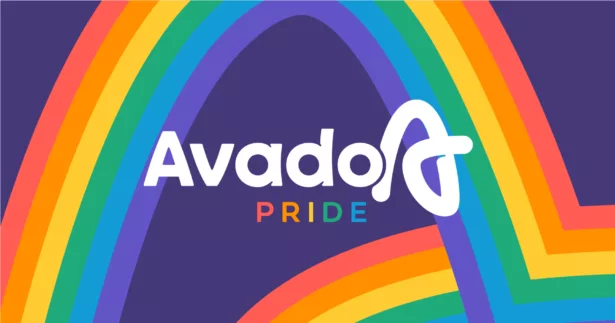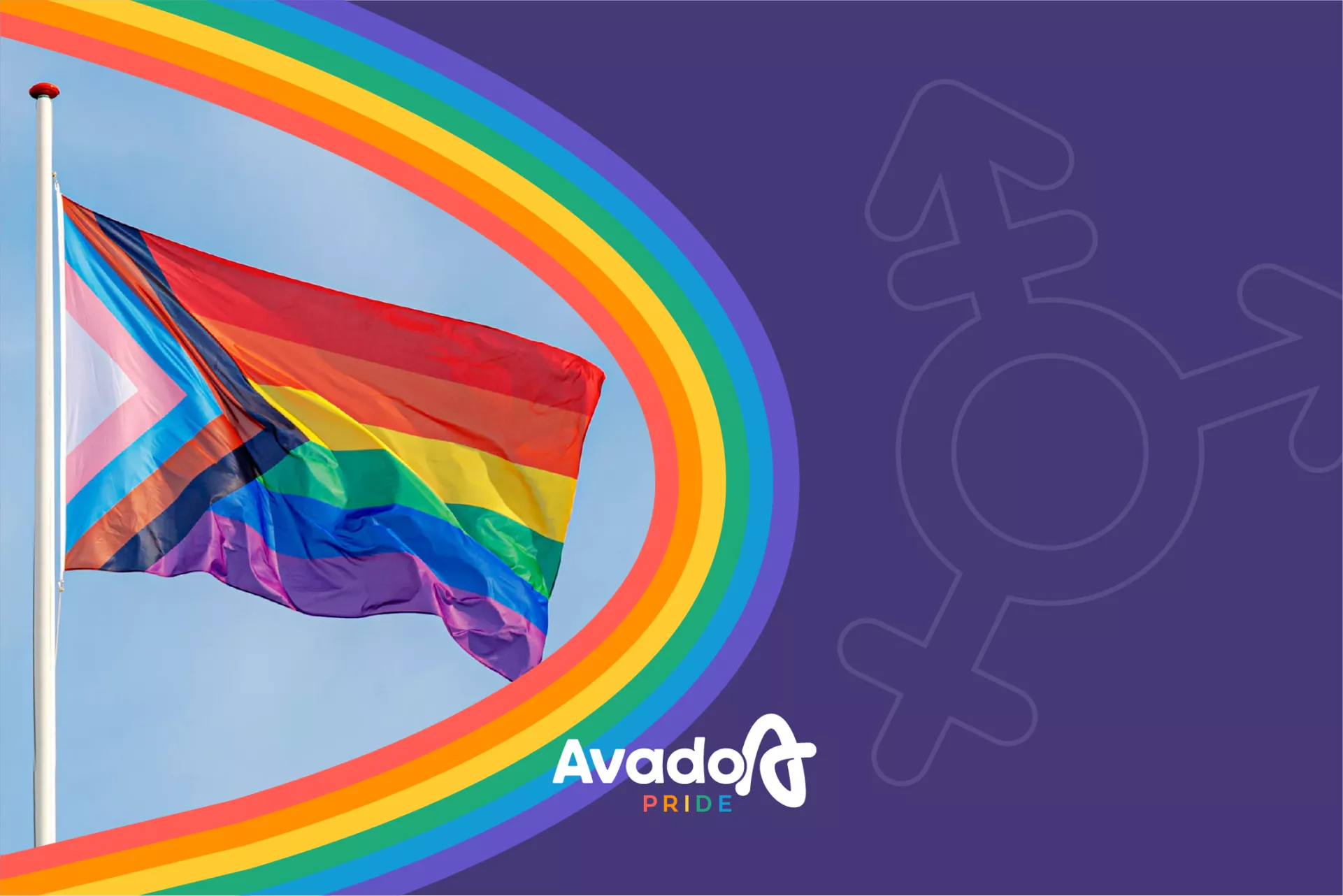Happy Pride Month! This month, we’re taking an educational approach to Pride and want to share as much as possible about LGBTQ+ topics, news and history.
June is one of the most important months of the year for LGBTQ+ (lesbian, gay, bisexual, trans*, queer, questioning, intersex, non-binary, asexual, polysexual, genderqueer and gender vibrant) people. Pride is celebrated in June because it’s the month that the Stonewall riots took place. These are the protests that changed gay rights for a lot of people in America, and now, across the globe.
What were the Stonewall riots?
The Stonewall riots changed gay rights for the better and have massively helped us to get to where we are today. But, it’s important to acknowledge that we still have a long way to go in reaching LGBTQ+ equality across the world.
The Stonewall riots started on a night in June 1969. In the ’60s in America, gays and lesbians were seen as outlaws who lived in secrecy and fear. Doctors labelled them as insane, they were immoralised by religious leaders, unable to get jobs because of the government, and called criminals by the police. On 28th June 1969, police raided the Stonewall Inn, a bar in the gay village in New York. It was the second time that week that it had been raided. The police threw 200 people onto the streets and beat them. The gay community was angry about the way they had been treated and chose to fight back.
Now known as the Stonewall riots, this was a week of protests by people from the gay community. News broke out that it was happening, and it inspired many others to join in these protests to fight for equality amongst the gay community.
What happened after the Stonewall riots?
A month after the riots, the first official gay march took place in New York.
The gay rights movement didn’t start on the night of 28th of June, but it was ignited by what happened in the aftermath of that night. All the steps taken since that night, like marriage equality and more acceptance in society, are because of the youth in the ’60s at Stonewall. They fought for their rights and the activists who organised the rallies raised awareness.
The first Pride festival in the UK didn’t take place until 1972, where around 2,000 people turned up. However, this is unlike the scenes today where hundreds of thousands of people join to celebrate the event in London alone.
Other important Pride-related dates
It became illegal to encourage homophobic hatred in 2008. In 2014, gay marriage became legal in England and Wales and then later in Scotland. In Northern Ireland, gay marriage became legal in January 2020. This is so recent, but goes to show how society has come leaps and bounds since the ’60s and the Stonewall riots.
Pride Month is about people coming together in love and friendship to show how far gay rights have come, even if there is still work to be done. It’s about teaching tolerance, offering an education in Pride history and continuing to move forward in equality.
It’s important for us all to remember how damaging homophobia was and still is. Be proud of who you are no matter who you love.

 3 min read
3 min read 



